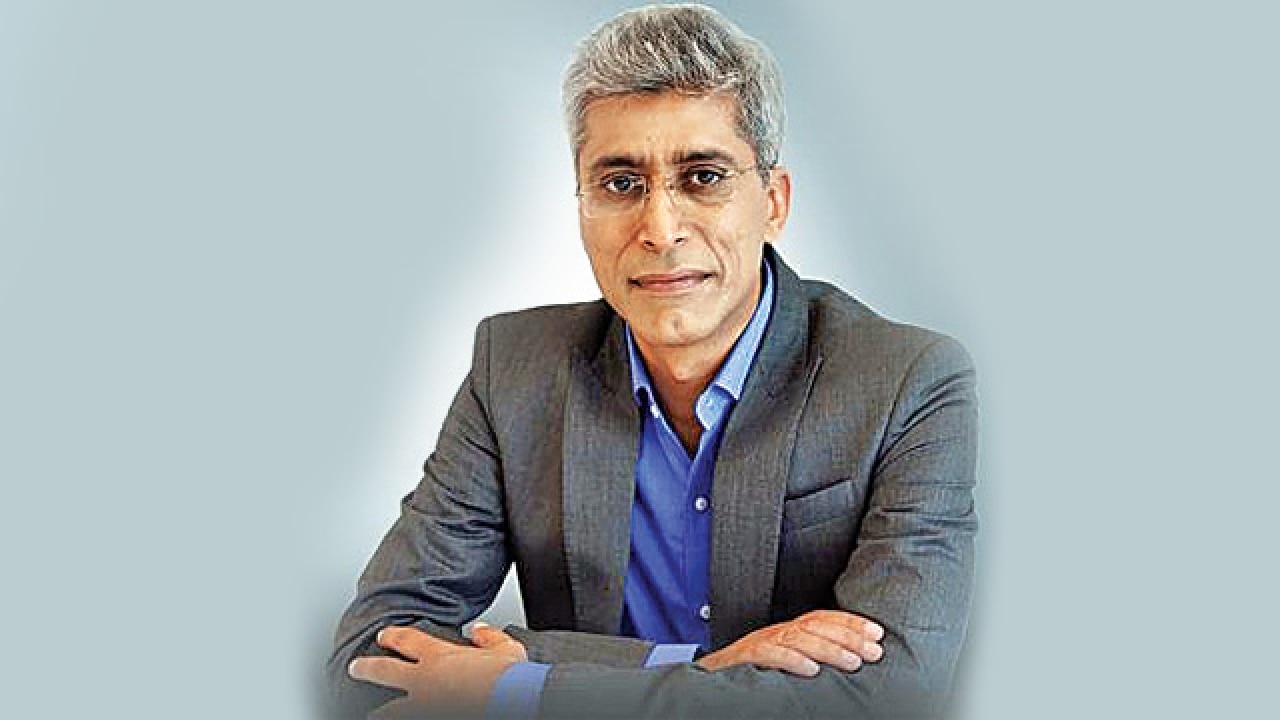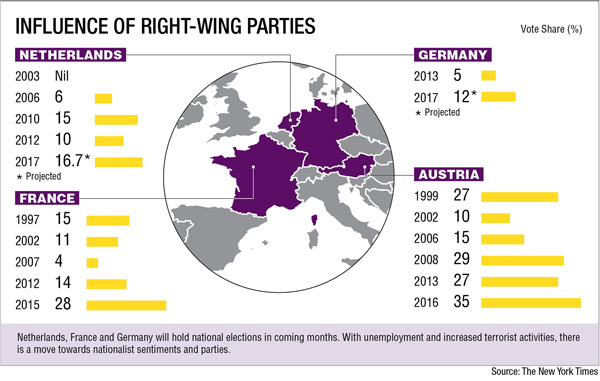
2016 will have a special place in the annals of history because of its seminal role in rewriting the draft of the course of action that the next few decades are likely to follow. In terms of significance, it is comparable to 2001 when the World Trade Center was attacked and the world woke up to the horrors of Islamic terrorism that the West had created and nurtured over many years. 2016 will also be remembered for delivering a fatal blow to the so-called liberal principles of western democracies, thus triggering a change in their outlook. For developing societies, 2016 heralded positive changes: it was the year of nation-building that focussed on developing indigenous industries and weeding out corruption.

Even though Adam Smith never used the term, globalisation was the underlying theme of The Wealth of Nations. Smith argued that the discovery of the Americas by Christopher Columbus in 1492 accelerated the process of globalisation. It took centuries for the idea to evolve and mature. It brought peoples of different societies, cultures and businesses together and made them more tolerant towards each other. Liberal democracies became a reality. Work spaces became culturally diverse.
It seems that an idea that took years to evolve is quite vulnerable. The chinks first showed in the aftermath of 9/11, when the US recorded 481 instances of hate crime against Muslims and Middle Easterners. Non-Muslim Americans were clearly hostile to the country’s Muslim population.
Similarly, after the 2008 financial crisis that led to massive unemployment in the US and Europe as well as triggered migration into Europe due to the Syrian civil war, the definition of nationalism underwent a distortion across countries. The governments and citizens have increasingly become inward-looking in their attempts to safeguard jobs for their own people. There is a clear link between increasing trade barriers to protect domestic industries and the steep rise in hate crimes against people of other nationalities.
The support for right-wing parties around the world, including France, Germany, Austria, Netherlands, Denmark, Sweden, Hungary and Italy, has risen. The United States went to the extent of electing Donald Trump as its President. Even though Nobert Hofer’s Freedom Party in Austria lost out in the Presidential elections, it secured 48.3 per cent of the vote, indicating a growing affinity towards right-wing ideology.
The far-right Dutch politician and the leader of the Party for Freedom, Geert Wilders, was recently found guilty of “inciting discrimination”. In the 2014 incident, he had urged his supporters to chant that they wanted “Fewer! Fewer! Fewer!” Moroccans in the Netherlands. The Dutch Moroccan minority was outraged and pressed charges. The anti-immigrant Alternative for Germany, led by Frauke Petry, secured 2 million votes in the 2013 polls. It has done well in state parliamentary elections and is expected to win seats in the next general elections.
Perhaps, the most significant government drive last year, the effects of which will be palpable this year as well, is the demonetization scheme. Its implementation and the thrust towards a cashless economy are faced with formidable challenges. But who said it would be a cakewalk of a transition from a predominantly cash-based economy, burdened with corruption, to a cashless economy marked by transparency and accountability? The short-term gains may have been overlooked in view of the chaos surrounding demonetization and the hardships it has brought upon ordinary citizens, but the long-term benefits will be too big to ignored.
The challenges that a democracy faces are multiple and sometimes the decisions taken may not be populist. People may be impacted negatively and that may generate anger in the way democracies are run. The success of a democratic system will be based on the trust the collective reposes in the leadership. The ability of a people to tolerate short-term negative impacts and a foresight to appreciate future gains will determine the success of democracy. For democracy to survive, a society needs education and an unflinching faith in democratic principles.